COURSE DESCRIPTION
Originally presented in 2020, this on-demand course features two videos, through which WSAVA International Scientific Achievement Award Winner, Dr. David Twedt, will explain what abnormal liver enzymes mean, when to act on them, and what to do. We’ll also review four common liver conditions you didn’t learn about in vet school. We think this course will change the way you approach “healthy” dogs with elevated ALPs forever!
Upon viewing each recording and passing a quiz with a score of 70% or better, you’ll earn 2.75 hours of RACE Approved CE.
Register Now!VIDEO 1: Abnormal Liver Enzymes - What Do You Do Now?
(1.5 credit hours)
This video will discuss interpretation of liver enzymes in the dog and cat and what to do with the patient that has no clinical signs but abnormal liver enzymes. We will discuss when therapy is indicated, when a liver biopsy should be recommended, and how to interpret the results. Case examples will be presented.
What You’ll Learn:
- Why each liver enzyme’s concentrations increase and why bile acids become abnormal
- A simplified algorithm for working up the patient with abnormal liver enzymes
- When to recommend a liver biopsy
- What secondary reactive hepatopathy is and how it is managed
Estimated time to complete: 90 minutes
VIDEO 2: Four Common Liver Conditions You Didn’t Learn in School
(1.25 credit hours)
This session will cover four common liver conditions of dogs: copper associated hepatopathies, gallbladder mucoceles, vacuolar hepatopathies, and congenital liver disorders. A case example will be used to highlight each disorder.
What You’ll Learn:
- Commercial diets are often high in copper concentration and can result in a copper associated hepatopathy
- The signalment, signs, and diagnostic requirement of gallbladder mucoceles and how they are best treated
- How to differentiate different congenital anomalies, including portal vein hypoplasia and ductal plate disorders
- The causes of increased serum alkaline phosphatase activity
Estimated time to complete: 75 minutes
Upon viewing this recording and passing the quiz with a score of 70% or better, you’ll earn 2.75 hours of RACE Approved CE.
BENEFITS

Earn 2.75 hours RACE Approved CE

Learn at your own pace! Registration includes unlimited access to course videos for 12 months

Instant access to course videos and notes immediately following registration

Instant delivery of your CE Certificate, upon successful completion of the entire course and passing quiz score (70% or better)
After course completion, your CE Certificate will be delivered straight to your inbox.
*This course is approved by the AAVSB RACE to offer a total of 2.75 CE Credits, with a maximum of 2.75 CE Credits being available to any individual veterinarian or veterinary technician.
These RACE approvals are for the subject matter categories of: medical program, using the delivery method of anytime/on-demand. These approvals are valid in jurisdictions which recognize AAVSB RACE; however, participants are responsible for ascertaining each board’s CE requirements. RACE course numbers: 20-918503
IntroVet is also an NYSE Approved Sponsor, for providing continuing education to veterinarians and veterinary technicians licensed in New York State.


MEET THE SPEAKER
David Twedt
DVM, DACVIM
Dr. David C. Twedt graduated from Iowa State University and entered an internship and medicine residency in gastroenterology at The Animal Medical Center in New York City. Dr. Twedt then joined the staff of the Animal Medical Center and was also a research associate at the Liver Research Center of Albert Einstein Medical School. Dr. Twedt is a Diplomate of the American College of Veterinary Internal Medicine, Professor in the Department of Clinical Sciences at Colorado State University in small animal internal medicine. He is also currently the Associate Director of the Center for Global Education in Medicine and Surgery (GEMS) focused on endoscopic education at CSU.
Dr. Twedt is past President of the ACVIM and Comparative Gastroenterology Society. Publication and research interests include liver disease, gastrointestinal disease and endoscopy. He has also been the recipient of a number of teaching and research awards. He is also the co-editor of the textbook Current Veterinary Therapy 14 and 15 editions.
RECOMMENDED COURSES AND EVENTS

On Demand CE
Earn CE Anytime, Anywhere!
Learn at your own pace with IntroVet’s on-demand veterinary CE. Enjoy instant access to course videos and downloadable notes designed to fit your schedule and style. Complete courses at home and earn your CE Certificate instantly!

Live Webinars
Interactive Learning, Anywhere!
Experience live-interactive veterinary CE from the comfort of home. Enjoy real-time discussions with speakers, get your questions answered, and connect with colleagues. All comfort, no crowds!

In Person Events
CE Meets Fun in San Antonio!
Join us at the San Antonio River Walk for a friendly and engaging conference experience. Perfectly sized spaces, approachable educators, and fun surprises await—custom snacks included!
ACCESS OUR LIBRARY OF ON-DEMAND COURSES
Introducing...
IntroVet Academy
IntroVet Academy is your ultimate solution to overwhelming conference environments and unanswered questions.
As an IntroVet Academy Member, you can now gain instant access to our library of on-demand courses, simplified one-click enrollment to live webinars, brand new member-exclusive practice resources monthly, and members-only on demand courses released quarterly.
Learn More About IntroVet Academy






